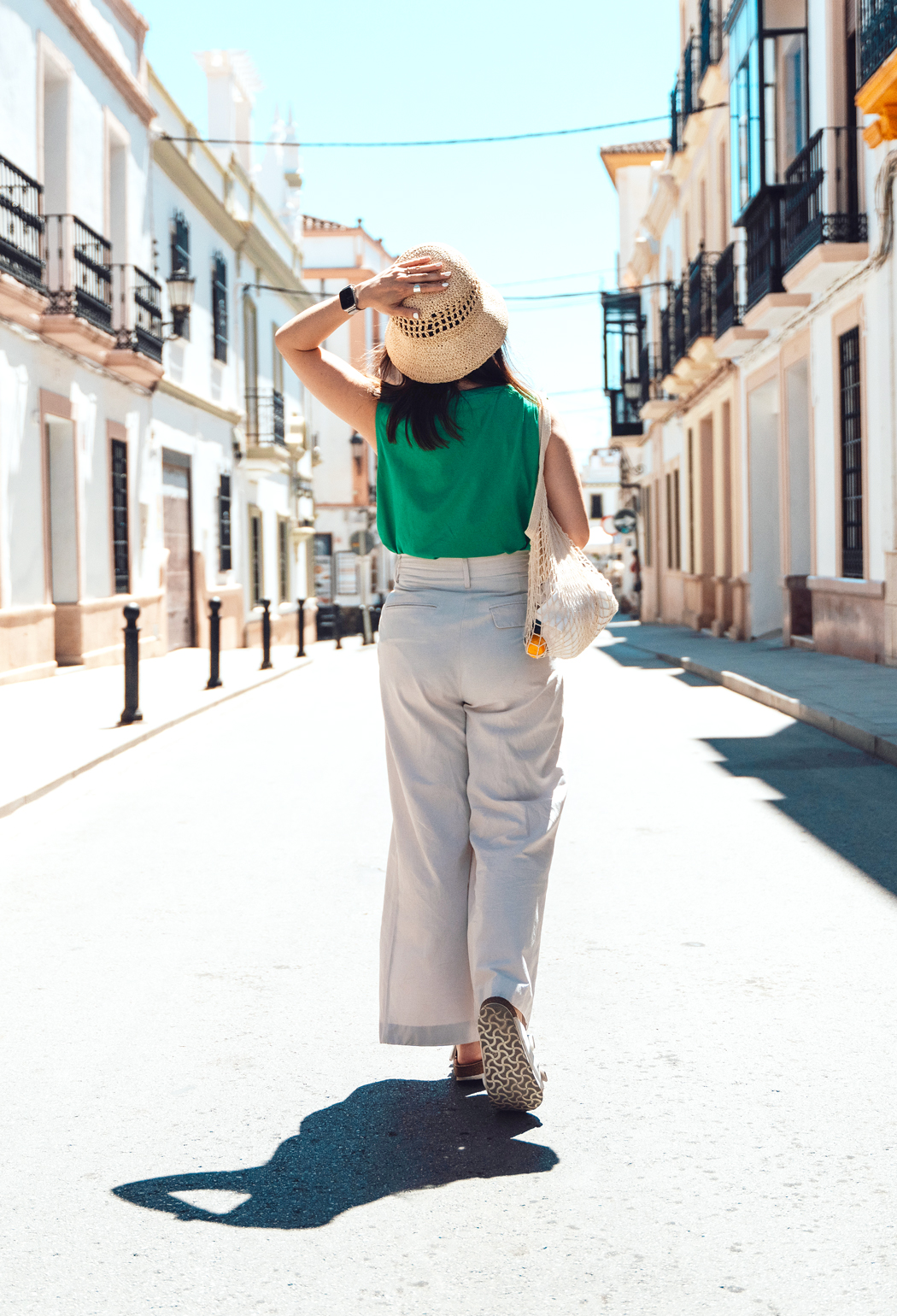When visiting a new city, even experienced travelers might feel overwhelmed. They may experience a pervasive fear that they’re missing out on something they really should know about, or they might make a simple mistake when they arrive that can start a trip on the wrong note. Exploring somewhere for the first time can present certain challenges, but well-prepared newbies needn’t worry. Here are eight things you should never do in a new city.
Automatically Book an Airport Transfer
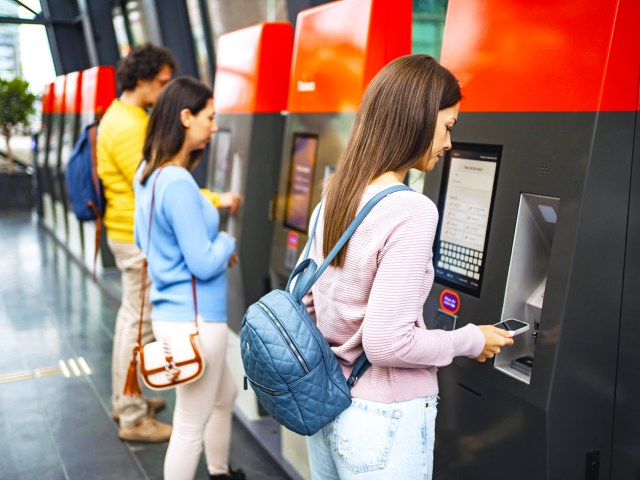
Arriving in a new city can be a daunting prospect, and for peace of mind, it can be tempting to reach out to your hotel to ask them to pick you up. But you’ll usually pay extra for the service compared to a licensed airport taxi or ride-share service. Plus, if their driver is late, there’s a chance you’ll feel vulnerable standing and waiting on the sidewalk. Instead, check to see if there’s an airport shuttle or public transportation that will drop off close to your accommodation. One exception is if you have a late-night arrival — in that case, you might prefer the reassurance of having your transfer organized up front.
Assume You’ll Need a Rental Car
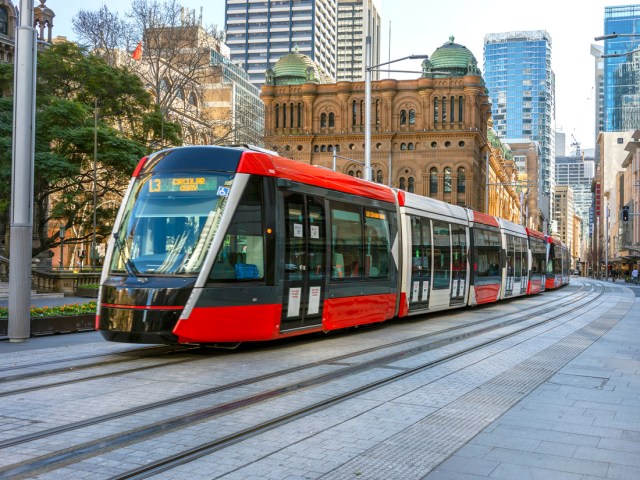
Though having your own wheels can be a boon in some cities, it’s definitely not the case everywhere. Heavy traffic and unfamiliar signage can add to your woes and send stress levels soaring — hardly the recipe for a fun vacation. So, before you arrange a rental car, it’s a good idea to do a little background research. Many European cities, for instance, have excellent public transportation networks, which provide an efficient, cheap, and reliable way to get around. If you forgo the rental car, you’ll also save yourself the hassle of looking for convenient and affordable parking during your stay.
Limit Yourself to Major Sights
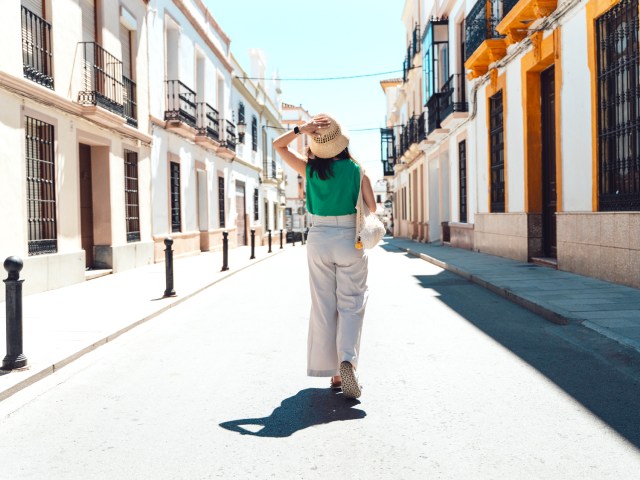
There’s no rule of travel that says you need to tick off all the famous sights in a new city. No one will judge you if you don’t bother with Xochimilco the first time you make it to Mexico City, or if you eschew the Sydney Harbour Bridge climb when you’re only just getting acquainted with the land Down Under. On the contrary, it can feel liberating to deliberately choose a different path and follow an itinerary that’s personalized to your own interests. Book a walking tour of an off-the-beaten-track neighborhood, perhaps, or take a cooking class to learn more about the city’s cuisine and the history that shaped it.
Wing It When It Comes to Popular Attractions

It’s great to be spontaneous in a new city, but not if you realize you’ve just missed out on something special. Imagine visiting San Francisco for the first time and not being able to get a ticket for Alcatraz, or making it all the way to Vatican City and not being able to see the Sistine Chapel. During the planning stage of your trip, figure out what attractions you’d be gutted to miss. A couple of months out (at least), purchase tickets or make reservations online for whatever major attractions are available. If you’re too late, all is not lost, however — you can always see if last-minute tickets are available or local tour agencies are holding tickets.
Neglect To Do Your Homework on Neighborhoods
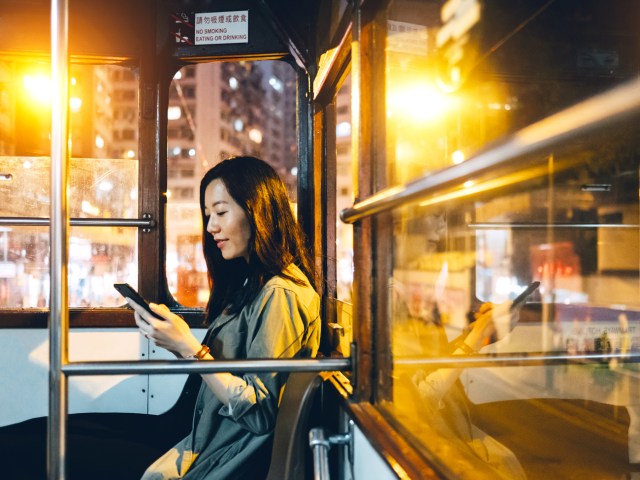
For many travelers, familiar places often feel the most comfortable, so landing in a new city can make us a little uneasy. But in some cities, straying into the wrong neighborhood can have negative consequences for either your possessions or personal safety, particularly at night. Familiarize yourself with the current situation before booking accommodations — for example, by reading verified reviews on trusted websites — and follow local advice once you arrive.
Trust That the Internet Always Knows Best

Guidebooks are becoming a thing of the past, as travelers increasingly turn to the internet for up-to-date information. But figuring out whether what you are reading is accurate can be tricky. Many webpages don’t display a publish date, making it hard to trust prices, opening hours, and other such information that can change regularly. Verify information from multiple sources, including the city’s own tourism board site, and double-check anything crucial with your hotel concierge, at the tourist information office, or by calling locations directly.
Forget To Check the Weather Forecast
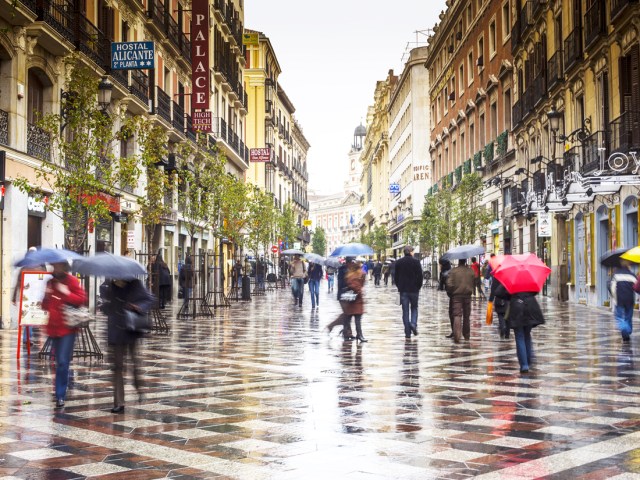
Nothing ruins a vacation faster than being caught out by inclement weather. If you’re heading to a new city, you might not think the weather’s so important. After all, there will be plenty of indoor attractions to keep you amused if you can’t be outside. But getting between them certainly won’t be fun if you’re cold or have wet feet. It’s a good idea to plan your trip around climate averages, but be sure to take a look at the short term forecast right before you leave home. And make sure you pack for all kinds of weather scenarios by bringing a pair of waterproof sneakers.
Be Hesitant To Try the Local Food
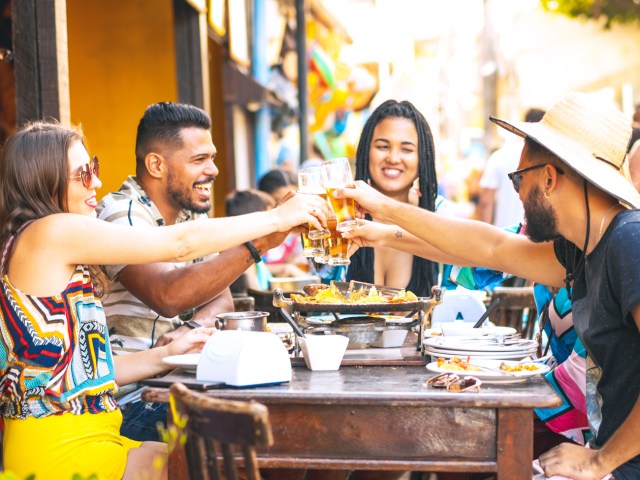
In an unfamiliar environment, it can be all too easy to default to what we know — including when eating out. But on a visit to a new city, you could be passing up a great way to learn about the place and the people who have shaped it. Influences from history, local agriculture, and shared cultural traditions are all revealed through the dishes that define a place. Don’t just retreat to restaurants in busy tourist areas or chain restaurants you know from back home; instead, make the effort to seek out a bistro, taverna, pub, or street food stall frequented by locals.
More from our network
Daily Passport is part of Inbox Studio, an email-first media company. *Indicates a third-party property.






